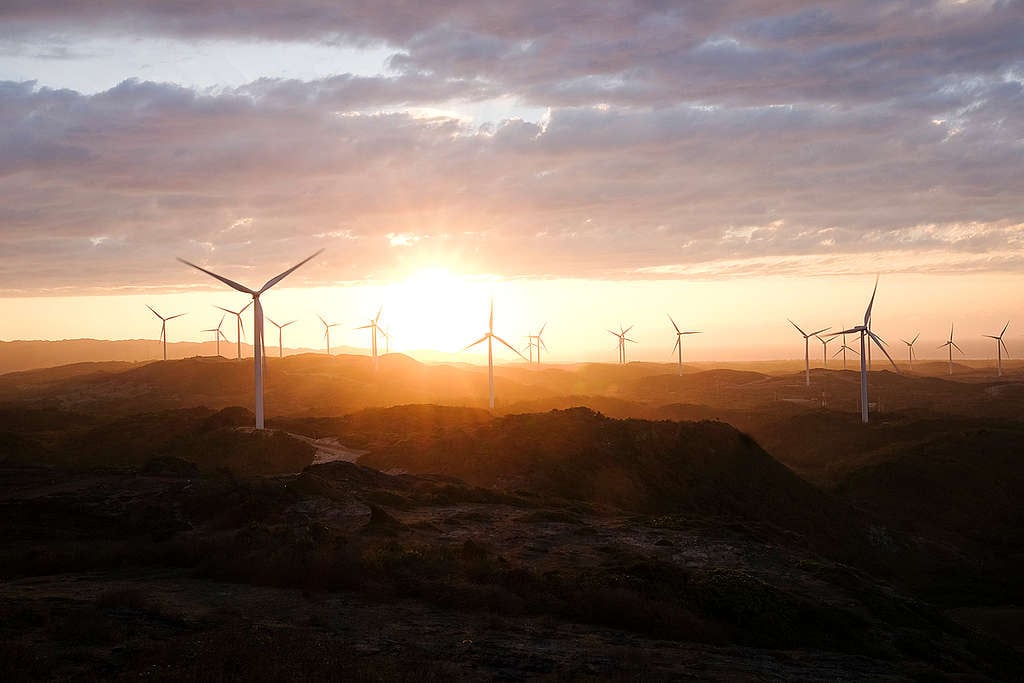Greenpeace is calling the National Party’s newly announced agriculture policy “tantamount to climate denial” and “a promise for more dirty rivers.”
The National Party’s policy would delay bringing agriculture into the Emissions Trading Scheme if it wins the October election.
“The climate crisis is on our doorstep. Right now, unprecedented wildfires are raging in the Amazon rainforest, California and Siberia,” says Greenpeace agriculture campaigner, Genevieve Toop.
“Industrial dairying is New Zealand’s biggest climate polluter. By promising to delay putting agriculture into the emissions trading scheme, the National party’s new policy is tantamount to climate denial.”
Today’s announcement follows hot on the heels of the party’s pledge to overturn the ban on new offshore oil and gas exploration, which also drew strong criticism from Greenpeace.
The National Party’s policy would also review or repeal nine of the new freshwater protections put in under the current government, including the cap on synthetic fertiliser use. Synthetic fertiliser is one of the largest sources of nitrogen pollution into New Zealand’s waterways and has been a key driver of the intensification of dairying.
“Right now, our rivers are too dirty to swim in, our drinking water is becoming contaminated and our native freshwater fish are on the brink of extinction,” says Toop.
“National’s promise to remove crucial water protections, like the cap on synthetic fertiliser, is a betrayal of the rights of New Zealanders to swim in clean rivers and access safe drinking water.”
The National Party’s announcement comes just one day after the Labour Party pledged $50 million in support for integrated farm plans. Toop says that Ardern’s policy announcement falls well short of her promised action on the climate crisis, which Ardern described as her generation’s “nuclear-free moment”.
“Is this all that Labour has to say about our biggest climate polluter and the main threat to freshwater in New Zealand?” Toop says.
“If Ardern wants to retain credibility on climate change then she needs to explain how her party is going to deal with too many cows.”
Greenpeace is calling on all political parties to adopt ambitious climate and environment policies this election, and has published an overview of major party climate and environment policies on its website.
“Any political party that is serious about climate change and protecting nature would have a visionary policy for transitioning our primary sector away from intensive dairying and into more plant-based regenerative farming.
“We need to see a phase-out of synthetic fertiliser and we need politicians to commit $1 billion to helping New Zealand shift to more plant-based, regenerative farming,” says Toop.

Together we can push all political parties to adopt policies that will ensure New Zealand builds back better to a new normal that puts people and planet first.
ENDS
